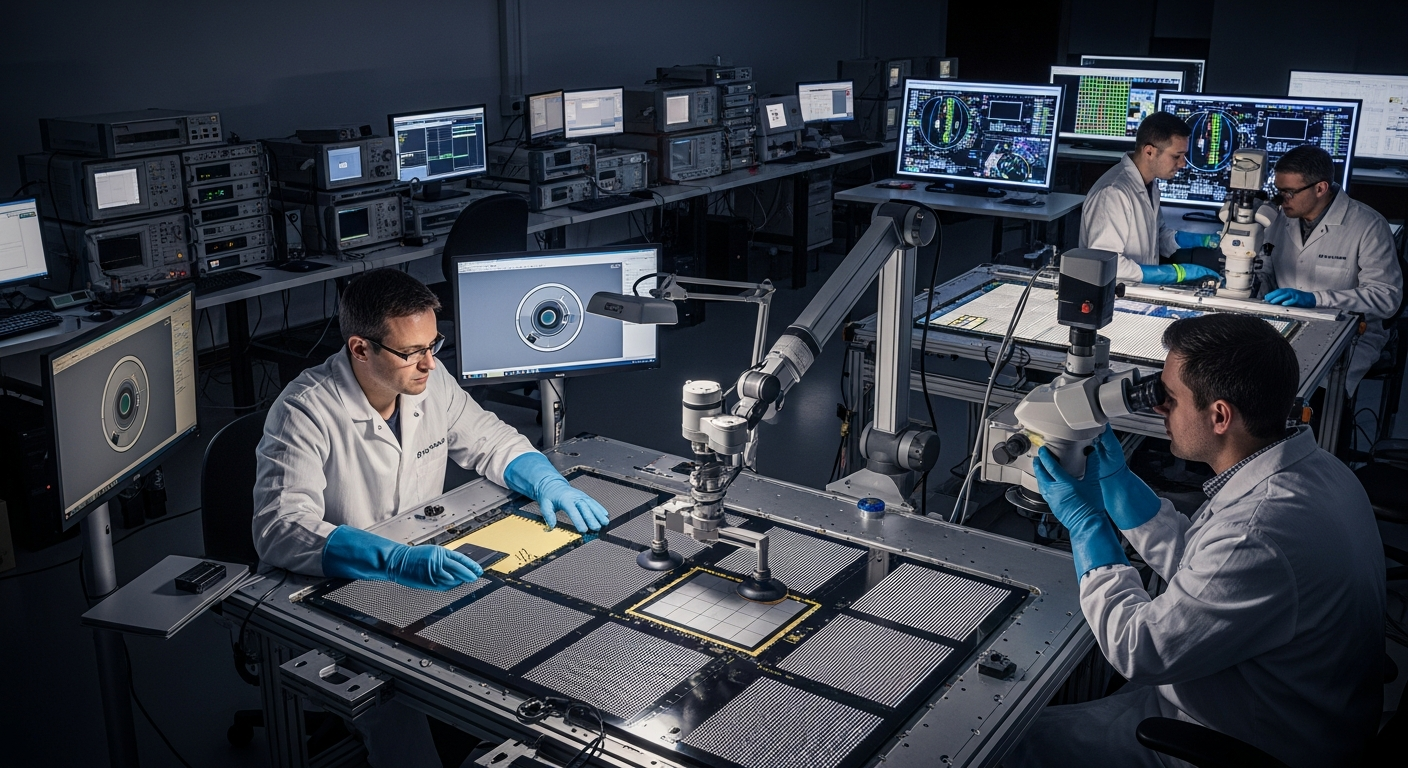The Rise of Synthetic Fuels: A New Chapter in the Automotive Industry
Introduction: Imagine a world where cars emit nothing more than water and a little bit of CO2, a world where the need to drill for oil is obsolete. This is not a futuristic fantasy; it’s the promise of synthetic fuels, a technology that could revolutionize the automotive industry.

The Genesis of Synthetic Fuels
Synthetic fuels, also known as e-fuels or electrofuels, are not a new concept. The idea dates back to the early 20th Century when two German scientists, Franz Fischer and Hans Tropsch, developed a process to convert coal into a liquid fuel. This method, known as the Fischer-Tropsch process, was the beginning of synthetic fuels.
Fast forward to the 21st Century, with advancements in technology and a dire need to reduce carbon emissions, synthetic fuels have become a topic of interest. They are produced by combining hydrogen with carbon dioxide, using renewable energy sources for the process. The result is a clean fuel that can be used in conventional internal combustion engines, with the potential to significantly reduce the carbon footprint of vehicles.
The Current Landscape of Synthetic Fuels
The technology for creating synthetic fuels is here, but the industry is still in its infancy. Several automotive manufacturers have shown interest in this alternative fuel. Porsche, in particular, has invested heavily in synthetic fuels, aiming to use them in their cars by 2022.
At the same time, several challenges exist. Producing synthetic fuels on a large scale requires a significant amount of energy and water. The cost of production is still high compared to conventional fuels. Moreover, the infrastructure for synthetic fuel production and distribution is still underdeveloped.
The Impact of Synthetic Fuels
The potential benefits of synthetic fuels are immense. First and foremost, they offer a path to decarbonize the automotive industry without requiring a complete shift to electric vehicles. With synthetic fuels, existing cars can become cleaner overnight.
Moreover, synthetic fuels could be a lifeline for the internal combustion engine, which is currently under threat from the rise of electric vehicles. This technology could ensure that classic cars and performance vehicles have a place in a green future.
The Road Ahead for Synthetic Fuels
The journey of synthetic fuels is just beginning. The next few years will be crucial in determining whether this technology can become a viable alternative to conventional fuels.
The industry needs to overcome several obstacles, from reducing the cost of production to creating a robust infrastructure for synthetic fuel distribution. However, the potential rewards are significant, not just for car enthusiasts but for the planet as well.
Conclusion
Synthetic fuels represent a fascinating chapter in the story of the automotive industry. They have the potential to revolutionize the way we power our cars, offering a greener alternative without the need to abandon the internal combustion engine. While challenges exist, the rewards are too significant to ignore. As we move forward, synthetic fuels could indeed become a key player in the automotive industry.





